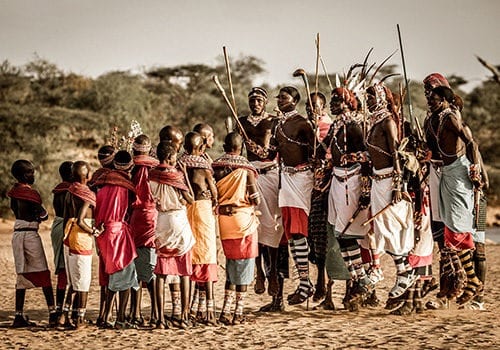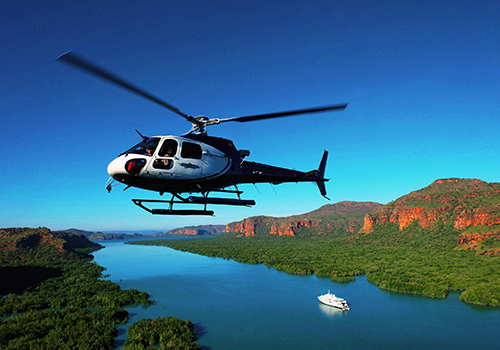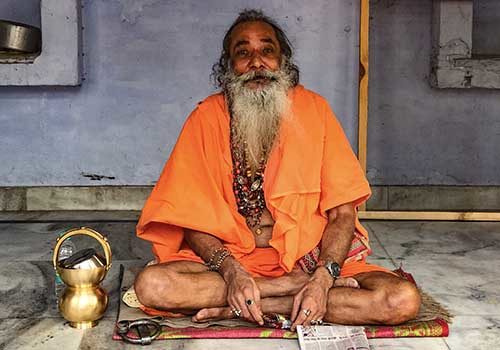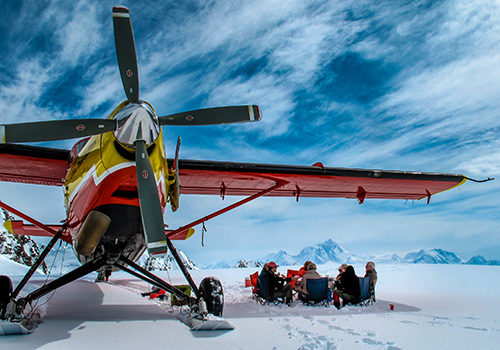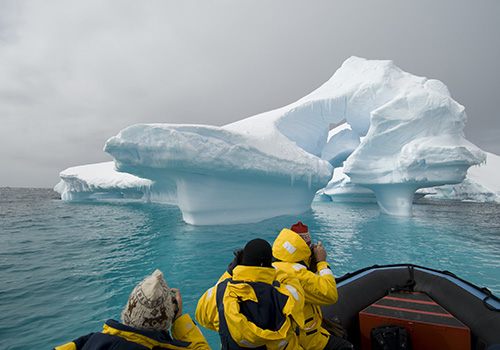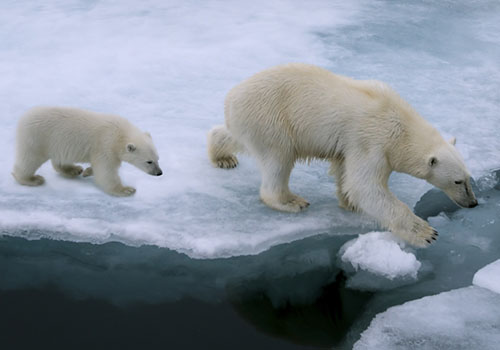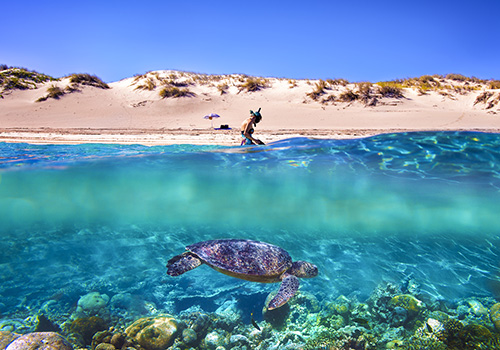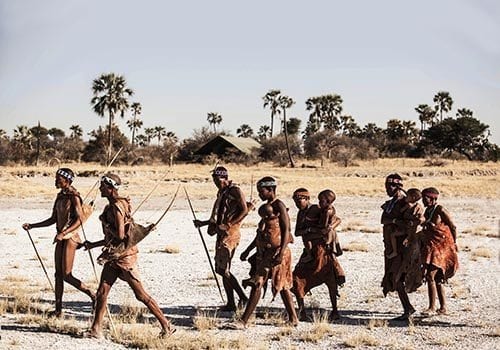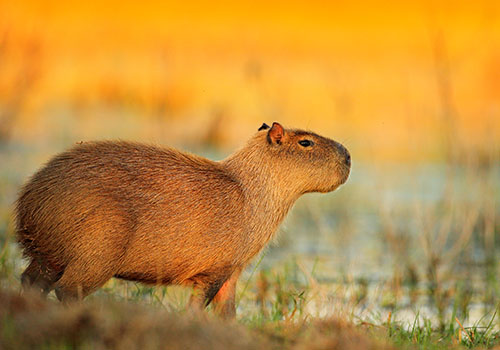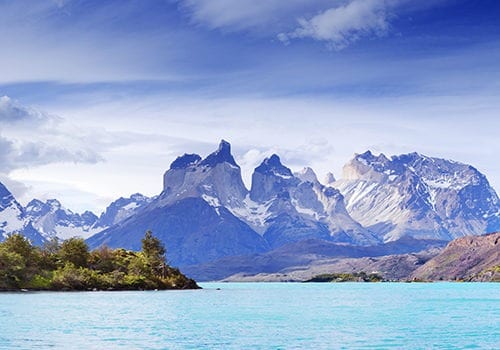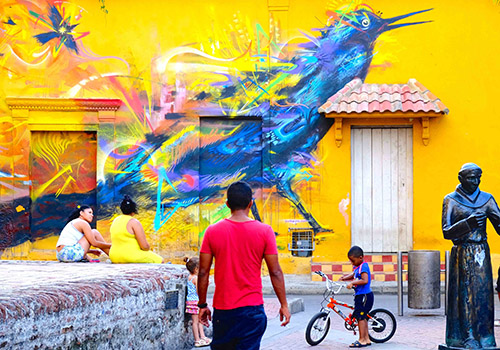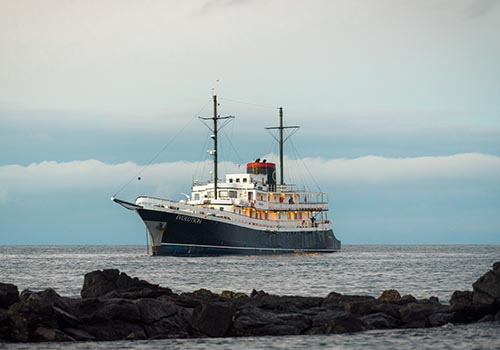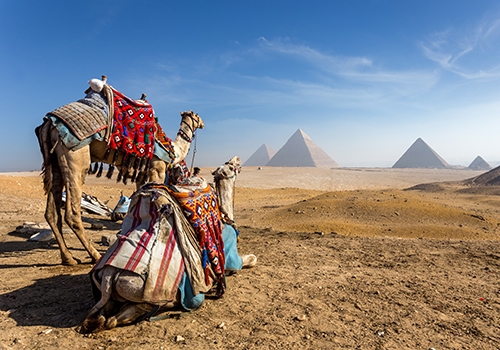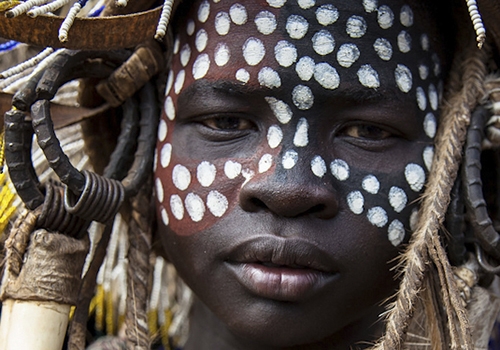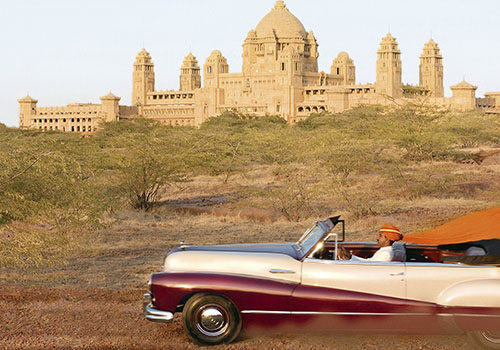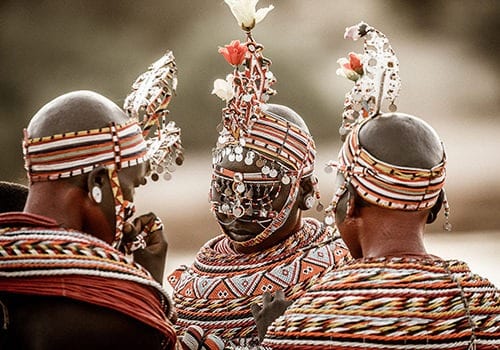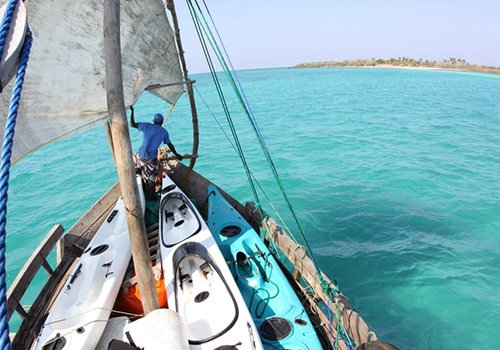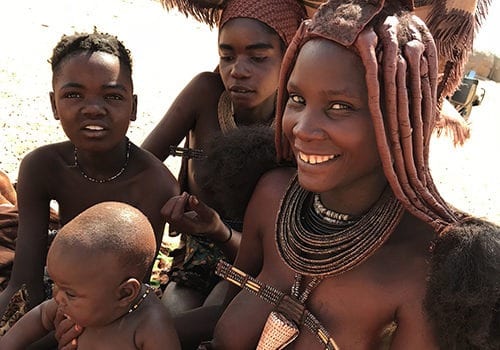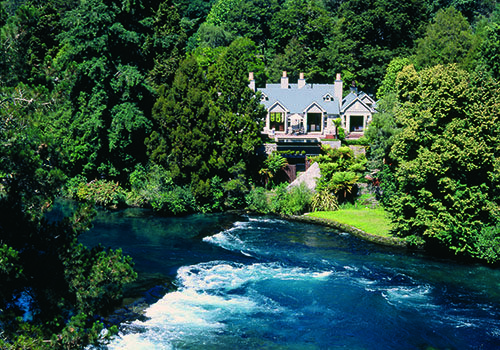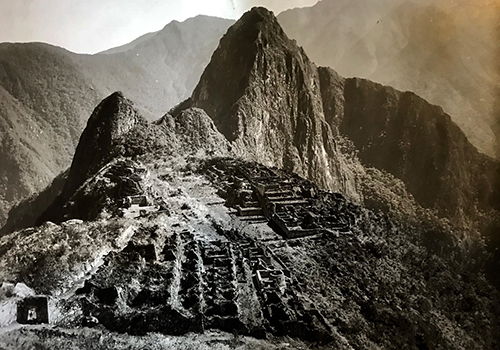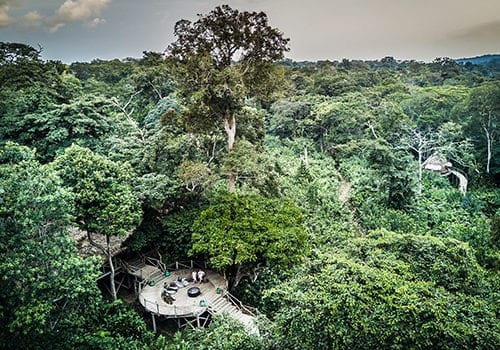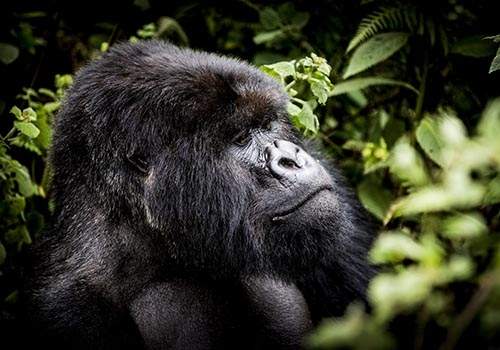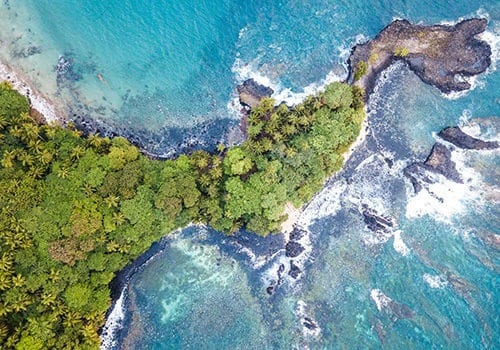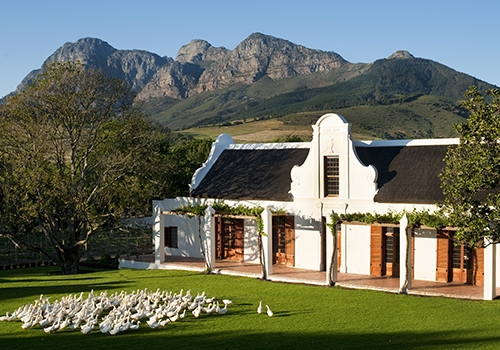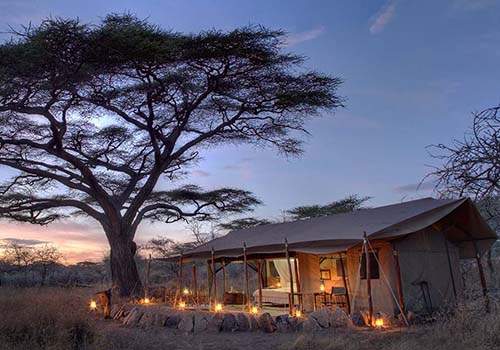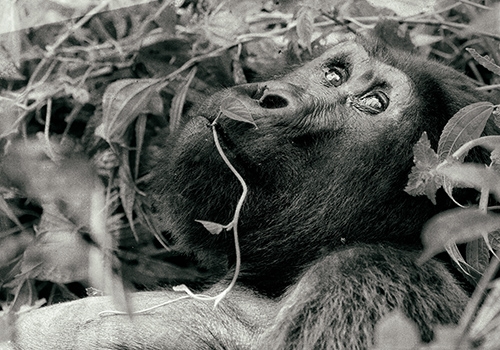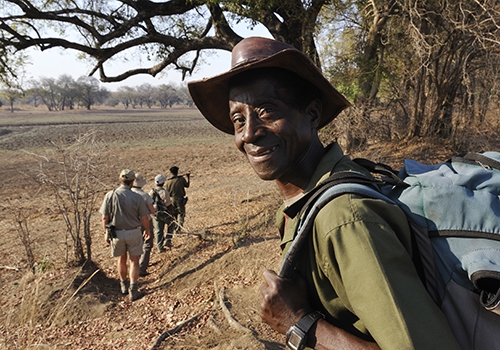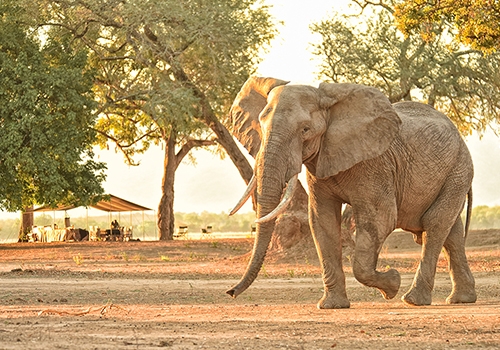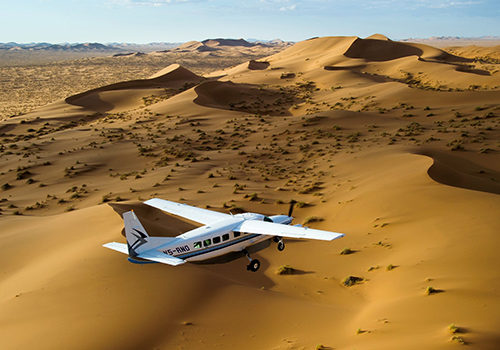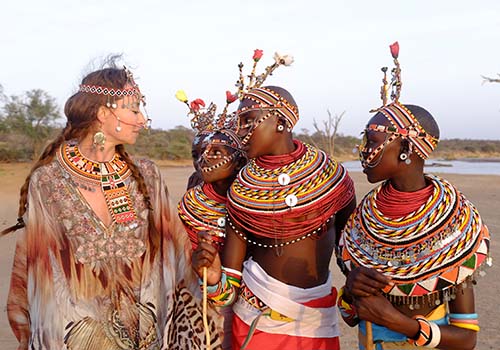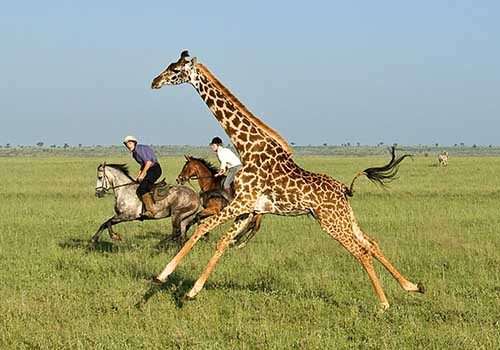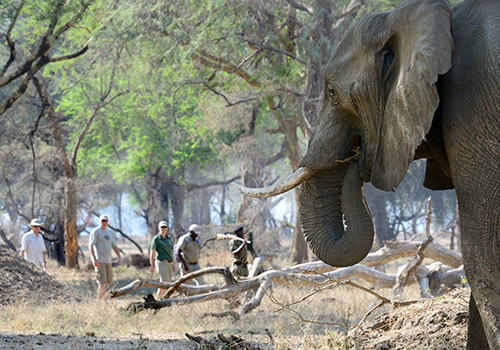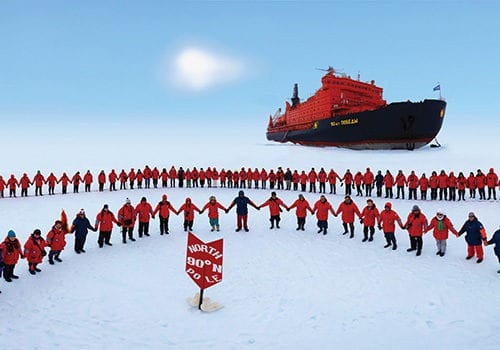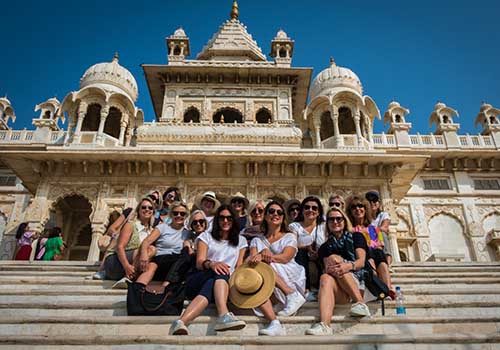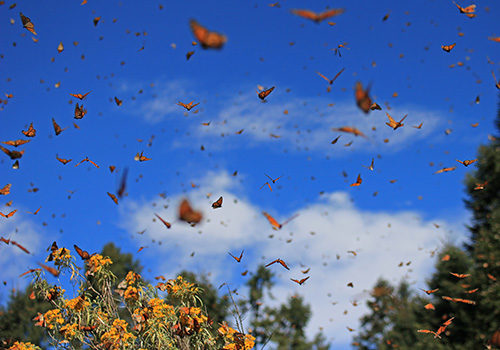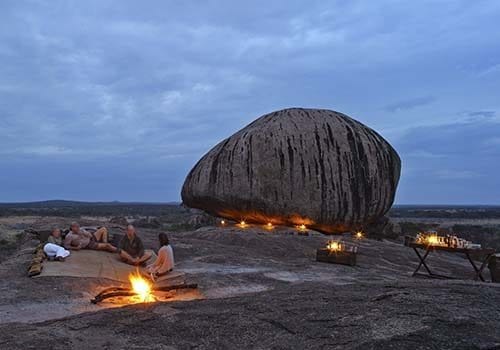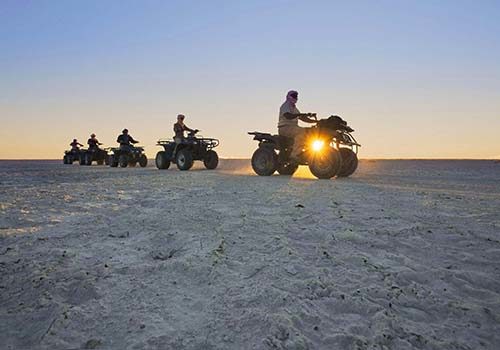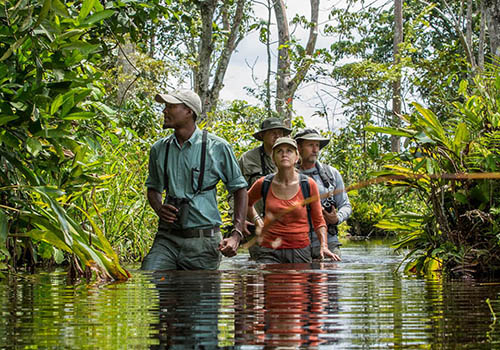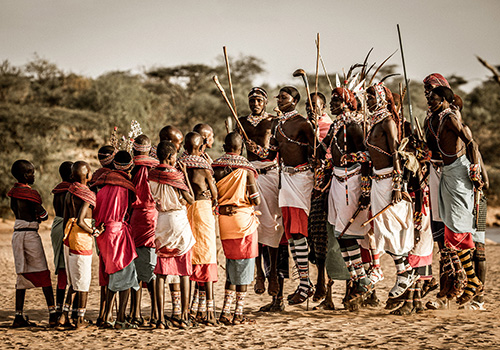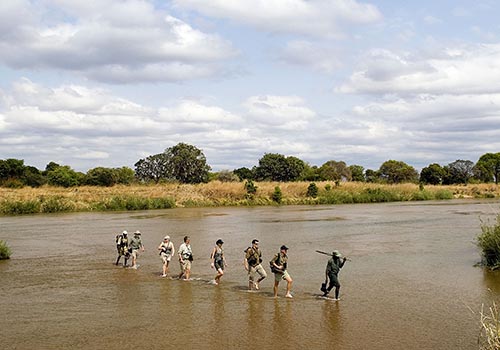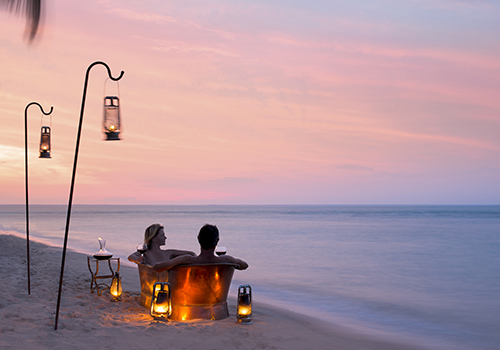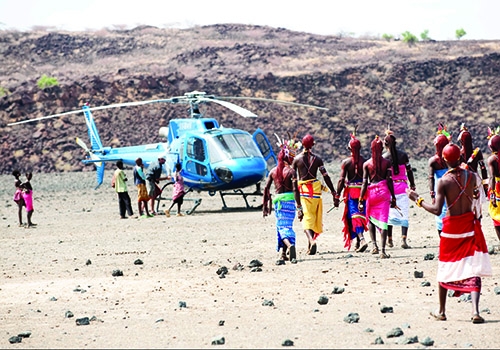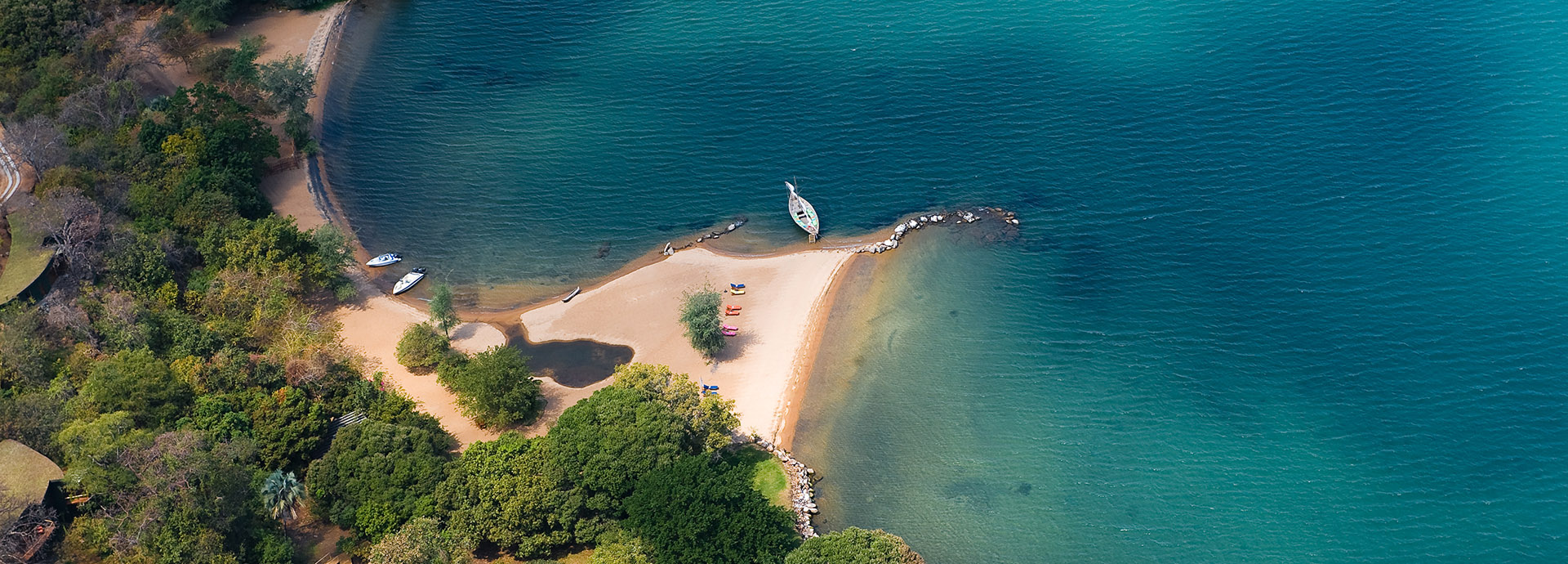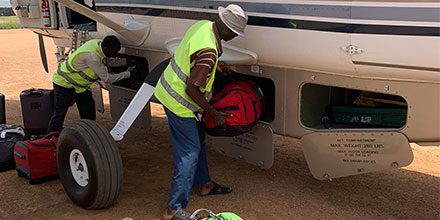
KEY INFORMATION TO PREPARE FOR YOUR JOURNEY
Malawi is a landlocked country in southeastern Africa, bordered by Tanzania to the north and northeast, Mozambique to the east, south, and southwest, Zambia to the west, and the southern tip of Lake Malawi to the southeast. Known as the “Warm Heart of Africa,” Malawi is celebrated for its friendly people and diverse landscapes.
Lake Malawi, one of Africa’s Great Lakes, dominates the eastern border and is a focal point for water activities. The country is also characterised by high plateaus, mountains, and the Shire River. Majete Wildlife Reserve and Liwonde National Park offer opportunities for safari adventures, showcasing the country’s rich biodiversity. Malawi is also recognised for its vibrant markets, traditional dances, and the historic rock art at Chongoni. This small but culturally and naturally rich nation attracts travellers seeking a more off-the-beaten-path African experience.
PLEASE NOTE: All pre-departure information was correct at the time of writing, but should be used as a guide only since requirements can change at short notice and without warning. Consult Smart Traveller or contact the Malawi High Commission or the appropriate authority prior to departure to confirm all details.
AT A GLANCE
MALAWI KEY FACTS
Time: GMT +2 hours | AEST -8 hours
Capital: Lilongwe
International Airport(s): Lilongwe International Airport (LLW)
Official languages: English is the official language, however Chichewa is the national language
Religion: Christianity is the most dominant faith in Malawi
Electrical Current: 230V | UK 3 square pin -Type G
Currency: Malawian Kwacha (MWK) & USD
Australian Consulate in Lilongwe: A: Blantyre Street, Area 43, Lilongwe | T: (+265) 999 960 120 | E: australian.consulate.malawi@gmail.com
Visa: No – currently not required for Australian & New Zealand passport holders – refer to ‘Passports and Visa Requirements‘ for further details.
USEFUL WEBSITES
Smart Traveller – https://www.smartraveller.gov.au/destinations/africa/malawi
Travel Doctor-TMVC – https://www.traveldoctor.com.au/destinations/malawi
Malawi High Commission in Japan – www.malawiembassy.org/jp/
PUBLIC HOLIDAYS
January 1: New Year’s Day
January 15: John Chilembwe Day
March 3: Martyrs’ Day
Friday before Easter: Good Friday
Monday after Easter: Easter Monday
End of Ramadan: Eid al-Fitr*
May 1: Labour Day
May 14: Kamuzu Day Day
End of Ramadan: Eid al-Fitr*
July 6: Independence Day
October 15: Mothers Day
December 25: Christmas Day
December 26: Boxing Day
If a public holiday falls on a Sunday the following Monday shall be taken as a public holiday.
*As this holiday is based on the Islamic lunar calendar the precise date is determined by the moons cycle.
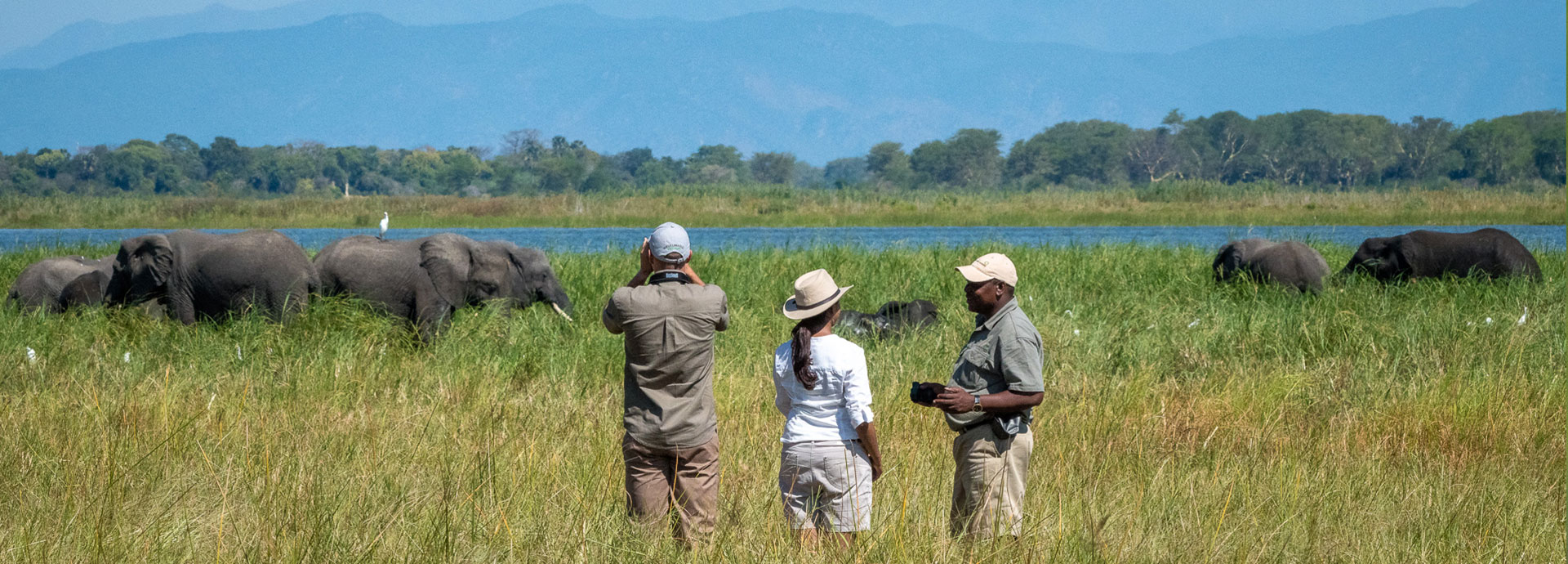
PASSPORT & VISA REQUIREMENTS
PASSPORTS
Your passport must be valid for at least six months after your return to Australia and have at least two blank pages for every entry and country you intend to visit on your journey. If your passport does not meet these requirements you must obtain a new one. The Australian Passport Office website is www.passports.gov.au.
It is a wise precaution to carry a photocopy of your passport separately and leave a copy at home. This will aid authorities in processing a new passport should yours get stolen or lost.
If you have dual citizenship and more than one passport, we strongly recommend that you use only one of these during your travels, as in some countries it is considered illegal to have two or more passports. Be sure to use the same passport on entry and exit from a country, and never surrender your passport.
If your passport name is different to your commonly used name, advise us of this and ensure your airline reservations match those of your passport name.
VISAS
Australian and New Zealand passport holders do not currently require a Visa to enter Malawi for stays of up to 30 days.
Visa regulations can change at anytime and without notice, so please check the latest visa advice here and enter your nationality into the visa eligibility wizard: https://www.evisa.gov.mw/

CLIMATE, WEATHER & SEASONS
CLIMATE
The precipitation in Malawi comes mainly in December, January, February and March. These rains arrive slightly earlier and leave slightly later the further north you are. Most of the rain has usually subsided by April and May, leaving a green landscape. Night-time temperatures start to fall – especially in higher and more southerly locations.
In June, July and August the nights become a lot cooler although the days remain warm and clear. This is the start of the peak season with many cloudless days and increasingly good game sightings.
Moving into September and October the temperatures climb once again, so parts of the Malawi get quite hot – especially the low-lying areas around the lake. November is a variable month: It can be hot and dry like the weather in October; it can also see the season’s first downpours.
| LILONGWE | JAN | FEB | MAR | APR | MAY | JUN | JUL | AUG | SEP | OCT | NOV | DEC |
|---|---|---|---|---|---|---|---|---|---|---|---|---|
| Temperature (°C) | 17-26 | 17-26 | 16-26 | 13-26 | 10-25 | 7-23 | 6-23 | 7-25 | 11-27 | 14-30 | 16-30 | 17-27 |
| Rainfall (mm) | 210 | 210 | 130 | 35 | 5 | 1 | 0 | 2 | 3 | 5 | 70 | 175 |
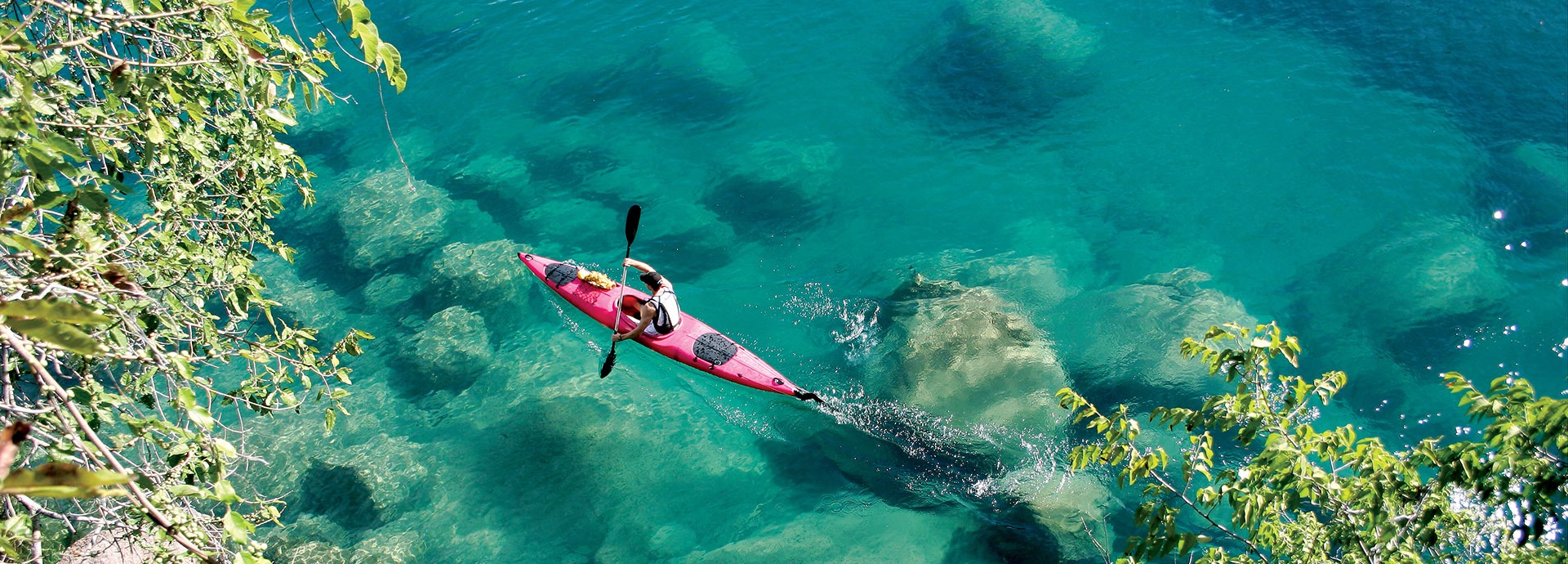
LUGGAGE & PACKING
LUGGAGE
Charter flight companies and some safari operators impose strict luggage restrictions.
Most internal flights in Malawi (Proflight) have a luggage allowance of 23Kgs including camera equipment and hand luggage. However, if you are catching a private charter or shuttle flight (Ulendo Airlink and Procharter) the baggage is limited to 15Kgs in total. Please check with your consultant which airline you are flying with and what the restrictions are.
With any of these airlines, the maximum dimensions of your bag should not exceed 157 cm (length + width + height), and your bag must be soft sided in order to fit in to the small aircraft hold.
And if you are wondering how to pack everything in and keep it under weight read our blog – How to pack for a safari and keep it under 15kg
For further information on luggage and packing please refer to the main Africa pre-departure information
CHARTER FLIGHTS
The luggage storage on many charter flights across Africa looks like this:
The weight limit is a strict safety requirement to ensure the balance and carrying capacity of small aircraft.
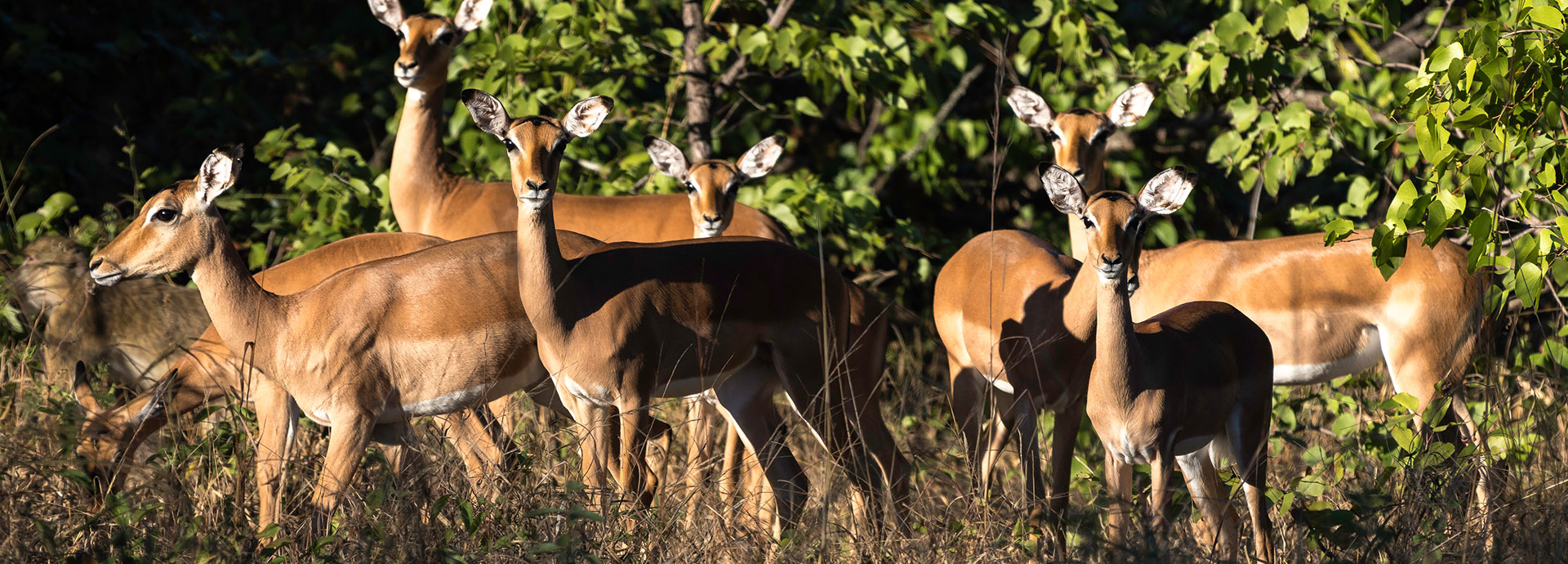
HEALTH & VACCINATIONS
VACCINATIONS
It may be necessary to take medical precaution prior to, and whilst travelling. As we are not qualified to offer advice, we recommend you contact your GP or the Travel Doctor-TMVC who have the most up‐to-date information available. Requirements are highly personal depending on your health profile and the activities in your itinerary. Some vaccinations must be given well in advance of travel, so we suggest seeking medical advice as soon as you start to plan your trip. Be sure to ask what vaccinations or medications may be required to enter Malawi and to re-enter Australia.
You can also refer to SmartTraveller for a guide as to what may be required, however you should always seek professional medical advice before travelling.
For further information on health and vaccinations please refer to the main Africa pre-departure information
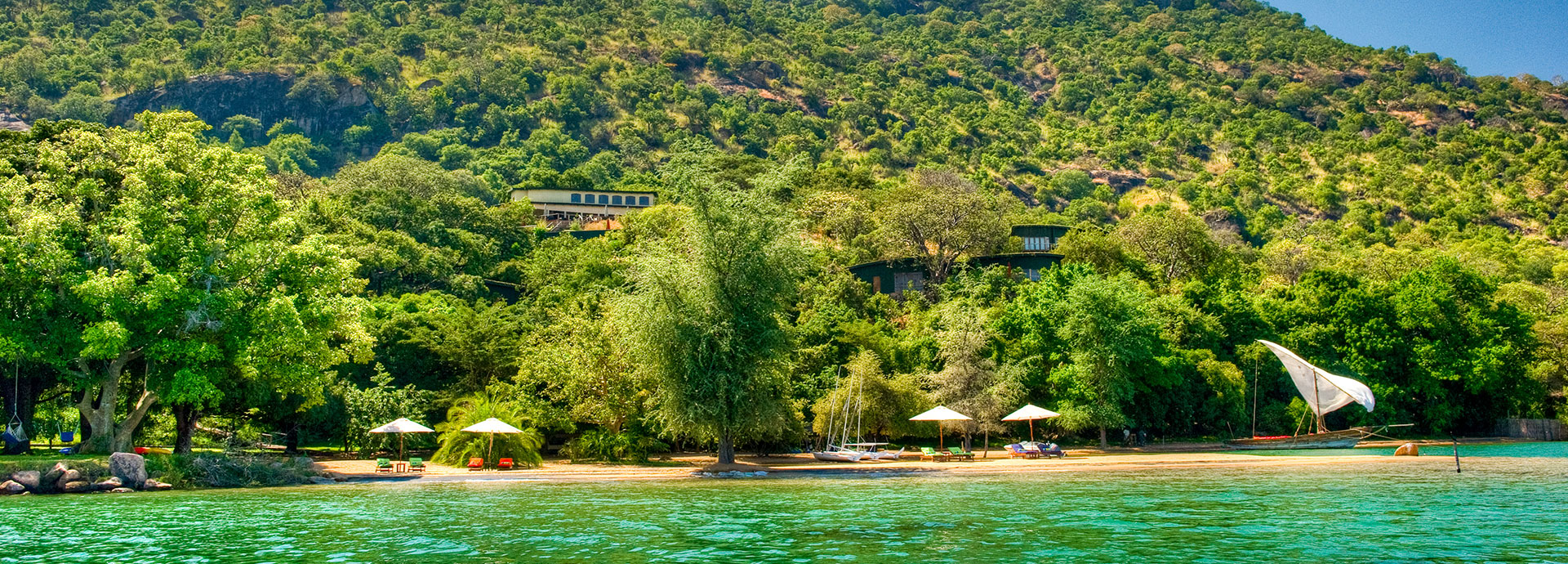
MONEY MATTERS
CURRENCY AND EXCHANGE
Malawi’s currency is the Malawian Kwacha (MWK) which is divided into 100 tambala. Australian dollars cannot be exchanged for MWK so travel with US dollars that may then be exchanged at banks, bureau de change and at some hotels.
Credit cards (Visa and Mastercard) are widely accepted, but AMEX is still rarely taken. Please note that you need to take your physical credit card, and you need to know your PIN number, as not all places will allow you to ‘tap’. In some cases you may also be asked to sign.
It is best to take a mixture of money – credit card, debit card or travel cash card and cash. You will need cash, preferably in small denominations, for gratuities (Refer to the ’tipping guide’ in our Africa Pre-Departure booklet for more information).
It is recommended that you DO NOT change money on the black market as you are more likely to receive a lower rate of exchange or fake notes.
TELL YOUR BANK
We highly recommend you advise your bank of your destinations and travel dates. This should prevent any of your transactions being deemed as ‘out of the ordinary’ (and possibly stopped) due to their unexpected location.

POWER, TECH & PHOTOGRAPHY
POWER
There are basically two main voltage systems used around the world: 110 Volt ‐ USA, Canada, Spain & Japan 220 Volt ‐ the rest of the world. In simple terms, the power supply available at the socket is roughly twice as powerful in 240V countries as in 110V countries.
The voltage in Malawi is 230 Volts, therefore if you wish to use any electronic devices from Canada, the US or Japan you’ll need a voltage converter AND a plug adapter. Australia operates a 220V currency and therefore you only require an adapter for Australian appliances.
The adaptor you will need for Malawi is a TYPE G, or alternatively you may prefer to invest in an International Travel Adaptor that provides you with more than one option.
Many adaptors also have a USB port so you can plug your smart phone, or I‐product directly into the adaptor.
For the latest & most up to date information about voltage and what adaptors to travel with refer to: www.korjo.com
ADAPTORS
Malawi uses a 230V electrical current and a type G socket (UK 3 square pin)


